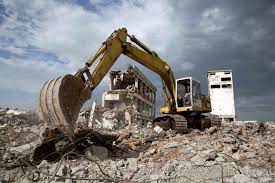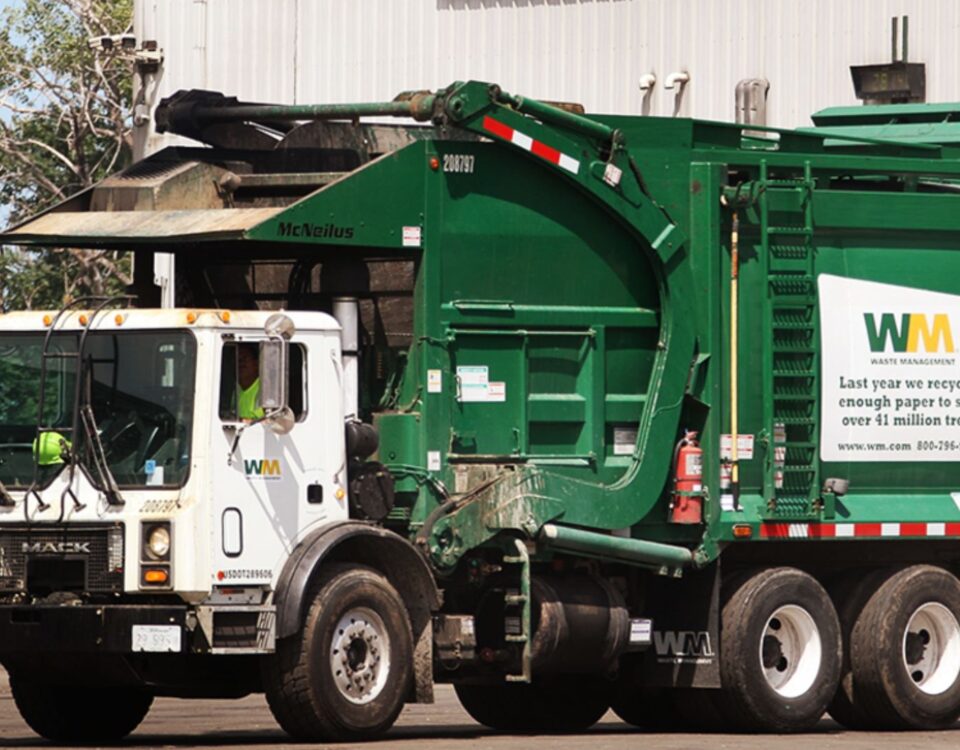- Have any questions?
- +971 50 7210729
- +971 2 2358552
- info@almerzaam.com
Waste Reduction in Demolition: Best Practices.

Transportation Services and Customer Satisfaction: What Matters Most?
March 15, 2023
Waste Reborn: Transforming Skip Bin Trash into Valuable Creations
May 29, 2023Waste reduction is an essential aspect of any demolition project. The construction and demolition industry generates significant yearly waste, contributing to environmental pollution and resource depletion. Proper demolition waste management practices can reduce the amount of waste generated during demolition and ensure that materials are recycled or disposed of properly.
Some best practices for waste reduction in demolition.
Plan ahead
Proper planning is essential for effective waste reduction in demolition. Before starting a project, identify the materials that will be generated and develop a waste management plan. This plan should include strategies for reducing waste, such as salvaging materials for reuse and recycling.

Salvage materials for reuse
Salvaging materials for reuse is an effective way to reduce waste during demolition. Materials such as bricks, lumber, and metal can be recovered and reused in future projects, reducing the need for new materials.
Separate materials for recycling
Recycling is an integral part of waste reduction in demolition. Concrete, metal, and wood can be recycled, reducing waste sent to landfills. Before demolition begins, separate materials for recycling and ensure they are sent to the appropriate recycling facility.
Implement deconstruction techniques
Deconstruction is carefully dismantling a building to salvage as many materials as possible for reuse or recycling. This technique can be more time-consuming than traditional demolition, but it results in less waste and can be more cost-effective eventually.
Use green demolition methods.
Green demolition methods are designed to minimize the environmental impact of demolition. For example, using high-reach excavators instead of traditional bulldozers can reduce dust and noise pollution and truck service in Abu Dhabi can help you with that.
Additionally, using chemical agents to weaken concrete can reduce the need for heavy equipment and reduce waste.
Donate materials to charitable organizations.
Materials that cannot be reused or recycled can be donated to charitable organizations. For example, furniture, appliances, and building materials can be donated to Habitat for Humanity or other organizations.

Educate workers
Proper waste management practices require the cooperation of everyone involved in the project. Therefore, it is essential to educate workers on the importance of waste reduction and train them on correctly separating materials for recycling.
In conclusion, waste reduction is an essential aspect of any demolition project. By implementing the best practices mentioned above, contractors can reduce the amount of waste generated during demolition and contribute to a more sustainable future.
Proper planning, salvaging materials for reuse, separating materials for recycling, implementing deconstruction techniques, using green demolition methods, donating materials to charitable organizations, and educating workers are all critical steps to reducing waste in demolition.
Therefore, if you need the best transportation company for demolition waste management, contact Al Merzaam!


